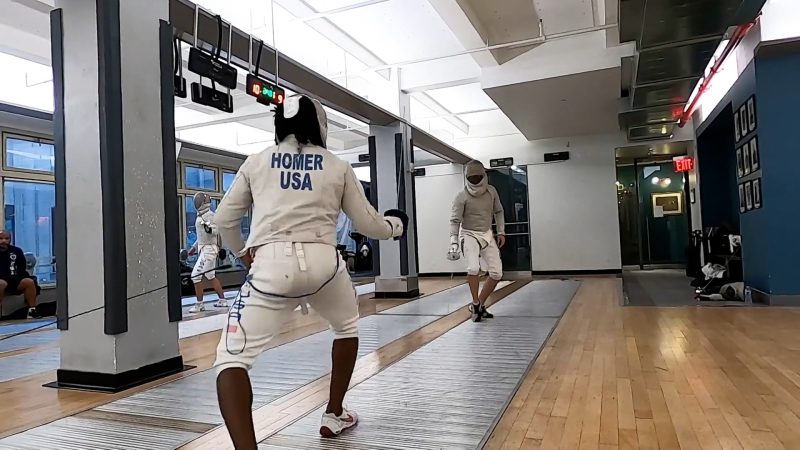COLUMBUS, Ohio (WCMH) — The Paris Olympics marks the 33rd Olympiad of the modern Olympic games, where more than 11,000 athletes from more than 200 countries will compete.
It’s a mammoth operation, crafted from humble roots. The original games were created by the ancient Greeks, but it was a Frenchman who drew inspiration from those games to invent the modern version.
Pierre de Coubertin was a French teacher and historian. He led the movement to create the International Olympic Committee (IOC) which eventually developed the first modern games in 1896.
“Coubertin wanted to capture the spirit of the best of what ancient Greece was and bring it to a wider audience,” said Tom Hawkins, an Associate Professor of Classics at Ohio State, and an author focused on Greek and athletic history. “This could be a statement of global solidarity.”
Coubertin aimed to re-launch the games, but this time invite the world. Instead of Ancient Olympia, Coubertin focused on Athens, a city big enough to support international visitors. He planned to take the games and a goal, global.
“Coubertin really believed that if athletes from different countries compete in the same field, in the same race, they will get to know each other, they will respect each other,” said Alexander Kitroeff, an Athens native and Greek history professor and author. “There will be a sense of fair play and the Olympics will foster international friendship.”
In April of 1896, more than 240 athletes from 14 nations gathered in Athens. The primary home for the events was Panathenaic Stadium. It was (and remains) a massive, marble structure re-designed to host 80-thousand spectators. At the time of those games, the crowds that gathered were the largest for a sporting event in world history.
“It’s very narrow. And the stands are so close to the athletic fields on both sides.” Kitroeff said. “So there was a great synergy between the athletes and the people.”
The athletes who won events in the inaugural games earned a silver medal, not gold. They also received an olive branch wreath and a diploma. Second-place finishers were given a bronze and copper medal. No third-place awards were presented.
Panathenaic Stadium remains in use for many events in Athens, including concerts and special presentations. It was also used in the 2004 Athens games.
“The mere fact that it was the venue of these first Olympic Games gives it a huge importance,” Kitroeff said. “It’s a huge symbol that, that connects ancient and modern sport.”


















